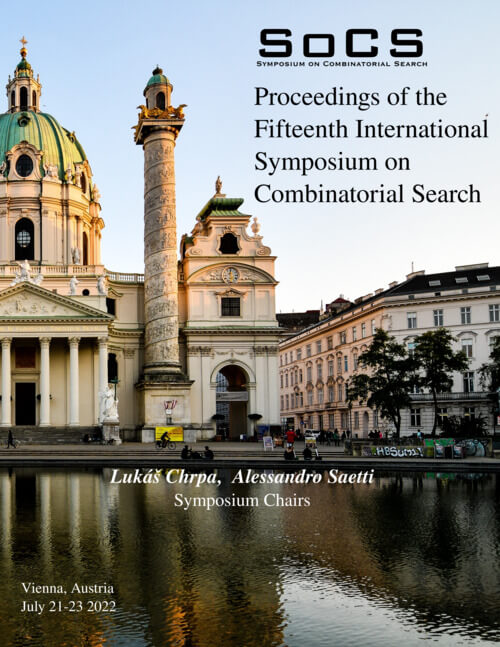Multi-Train Path Finding Revisited
DOI:
https://doi.org/10.1609/socs.v15i1.21750Keywords:
Constraint Search, Problem Solving Using Search, Model-based Search, Symmetry HandlingAbstract
Multi-Train Path Finding (MTPF) is a coordination problem that asks us to plan collision-free paths for a team of moving agents, where each agent occupies a sequence of locations at any given time. MTPF is useful for planning a range of real-world vehicles, including rail trains and road convoys. MTPF is closely related to another coordination problem known as k-Robust Multi-Agent Path Finding (kR-MAPF). Although similar in principle, the performance of optimal MTPF algorithms in practice lags far behind that of optimal kR-MAPF algorithms. In this work, we revisit the connection between them and reduce the performance gap. First, we show that, in many cases, a valid kR-MAPF plan is also a valid MTPF plan, which leads to a new and faster approach for collision resolution. We also show that many recently introduced improvements for kR-MAPF, such as lower-bounding heuristics and symmetry reasoning, can be extended to MTPF. Finally, we explore a new type of pairwise symmetry specific to MTPF. Our experiments show that these improvements yield large efficiency gains for optimal MTPF.Downloads
Published
2022-07-17
Issue
Section
Long Papers

